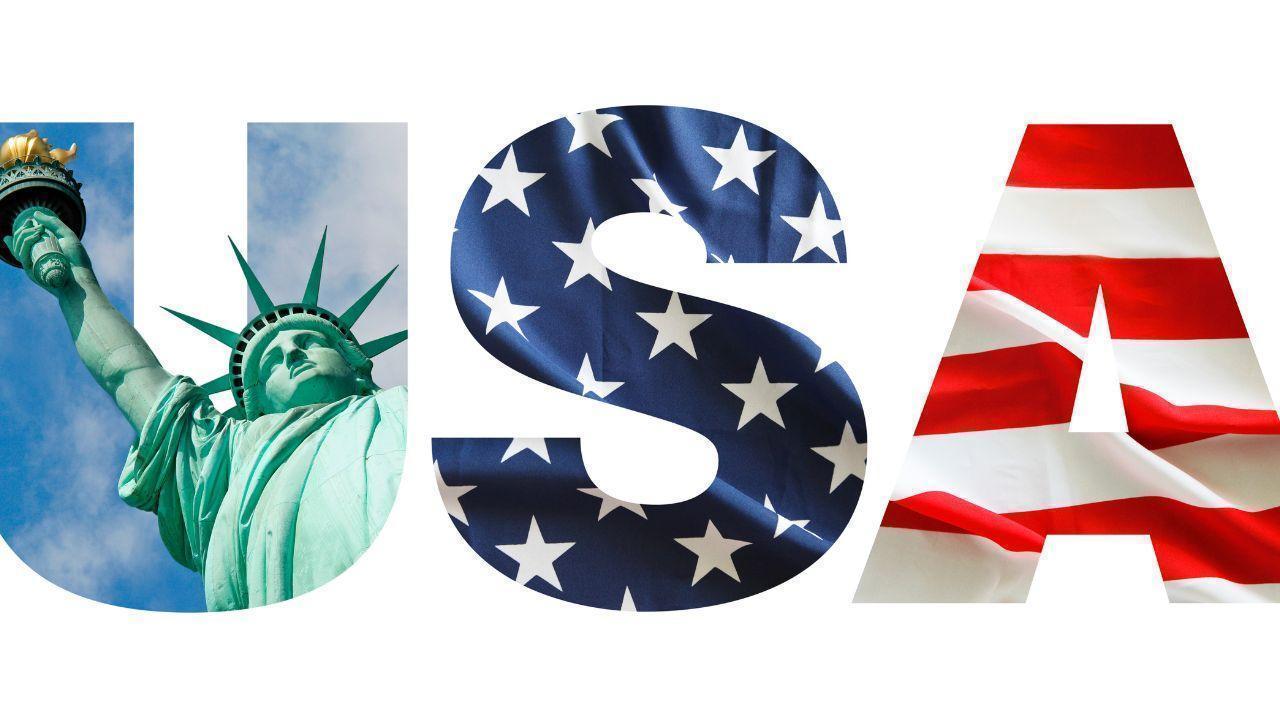



In a move that appears to reverse recent U.S. policy direction, former President Donald Trump has publicly stated that Chinese students remain welcome at American universities—just weeks after senior officials announced a crackdown on Chinese student visas.
Trump’s remarks were posted on his social media platform, Truth Social, following what he described as "productive" negotiations with Chinese President Xi Jinping. "Our deal with China is done, subject to final approval with President Xi and me," Trump wrote. “Likewise, we will provide to China what was agreed to, including Chinese students using our colleges and universities (which has always been good with me!).”
This statement comes shortly after U.S. Secretary of State Marco Rubio said the government was working closely with the Department of Homeland Security to aggressively revoke student visas for individuals linked to the Chinese Communist Party or those studying in sensitive fields, such as AI or semiconductors.
Mixed Signals and Policy Uncertainty
Trump’s new position on Chinese students appears to conflict with recent policies that have increased scrutiny of Chinese nationals studying in the U.S. The broader strategy has included visa restrictions, heightened security vetting, and limitations on university collaborations with Chinese institutions.
These restrictions have already triggered diplomatic backlash. China’s Foreign Ministry has condemned the U.S. policies as discriminatory, saying they undermine American claims of promoting “freedom and openness.” “This political and discriminatory practice… will only further damage the US’s own international image and national credibility,” said Ministry spokesperson Mao Ning, as reported by Xinhuanet.
Ongoing Tensions and High-Profile Arrests
The visa debate is unfolding amid rising tensions between the U.S. and China on multiple fronts, particularly over technology, intellectual property, and national security. Recent incidents have only intensified scrutiny. For example, a Chinese scientist was arrested at Detroit airport for allegedly attempting to smuggle biological materials—specifically regulated worms—without the necessary government permit.
Days earlier, federal authorities charged another Chinese researcher and his girlfriend with illegally transporting a toxic fungus. These cases have fueled concerns about espionage and unauthorized research activities, further complicating the atmosphere for Chinese academics in the U.S.
Impact on U.S. Campuses and Global Student Flow
Chinese students, numbering around 277,000, are the second-largest international student population in the United States—just behind India. However, many are reconsidering their education plans amid growing visa uncertainty and rising anti-China rhetoric. Several U.S. universities, particularly in California, have expressed concern over these trends, emphasizing that Chinese students make vital contributions to research and campus diversity.
China has also responded with cautionary advisories for students planning to study in the U.S., citing rising safety and discrimination concerns.
Meanwhile, some U.S. states have passed legislation to limit Chinese involvement in public education. Ohio, for instance, recently passed a bill banning public universities from accepting Chinese donations and requiring greater scrutiny of new partnerships with Chinese institutions. Similar measures have been enacted in Texas and Florida.
As a result, many Chinese students are now opting for alternative destinations such as the UK and Australia. “Visa uncertainty, anti-China rhetoric, safety concerns—it’s all adding up,” said Susan Fang, CEO of OxBridge Holdings, which supports international students pursuing education abroad. “We offer what many of them now want: stability, safety, and an education that still commands global respect.”
Looking Ahead: Stricter U.S. Screening Continues
Even as Trump strikes a friendlier tone, the U.S. continues to enforce tighter visa regulations. Enhanced screening procedures now include detailed analysis of applicants’ social media and digital footprints, adding further complexity to the visa process.
As U.S. embassies resume student visa interviews around the world, questions remain about the consistency of American policy—and how it will affect international student mobility in the months ahead.
Upcoming Discussion: Navigating the Changing Landscape
To explore how UK universities can respond to this shifting global landscape, join our upcoming webinar featuring experts from China, India, and the U.S. The session will focus on how institutions can adapt through late-cycle admissions and January intakes to meet urgent student needs amidst evolving international policies.
#trending #latest

University Internships That Help You Get a Job After Graduation... Read More.

Is It Smarter to Start at a Community College... Read More.
 Fake posts hit Czech PM Fiala's X
Fake posts hit Czech PM Fiala's X
Fake posts disrupt Czech PM Fiala's X account security
 Switzerland Tightens Export Rules
Switzerland Tightens Export Rules
Switzerland expands export controls on dual-use goods
 Google unveils Ironwood AI chip
Google unveils Ironwood AI chip
Google introduces Ironwood chip to accelerate AI tasks & apps
 TSMC Q1 revenue up 42%
TSMC Q1 revenue up 42%
TSMC sees 42% revenue surge in Q1, surpassing forecasts
 Amazon CEO Outlines AI Vision
Amazon CEO Outlines AI Vision
Amazon CEO reveals AI investment plans in new letter
 Osaka Hosts World Expo 2025
Osaka Hosts World Expo 2025
Japan blends tech and culture at Osaka Expo 2025 launch
 A16z Plans Big Bet on AI Startup
A16z Plans Big Bet on AI Startup
A16z may lead huge round in ex-OpenAI CTO’s new AI firm.
© MyEduGoal. All Rights Reserved. Design by markaziasolutions.com